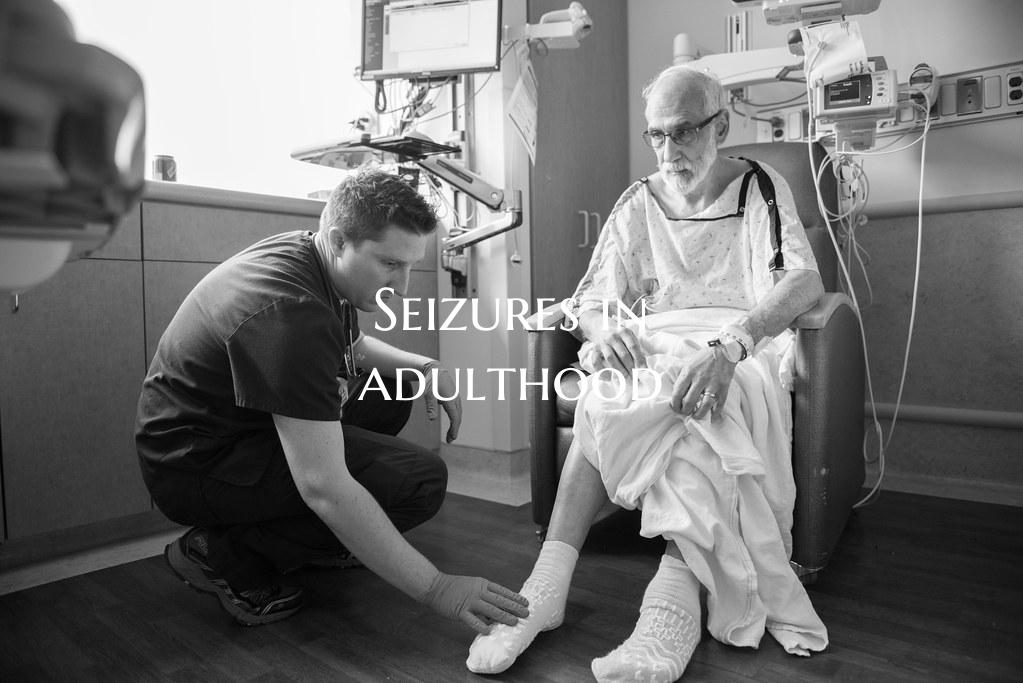
Seizures in adulthood
Seizures in Adulthood: Understanding Causes, Symptoms, and Treatment
Seizures are commonly associated with conditions such as childhood epilepsy, but they can also affect adults. While experiencing a seizure can be a frightening and unsettling event, understanding the potential causes, recognizing symptoms, and knowing the available treatment options can help individuals cope with and manage seizures in adulthood.
Causes of Seizures in Adulthood: Seizures in adults can be triggered by a variety of factors, including underlying medical conditions such as epilepsy, brain injury, stroke, brain tumors, infections such as meningitis or encephalitis, drug or alcohol withdrawal, metabolic imbalances, or genetic factors. It is essential for individuals who experience seizures to undergo thorough medical evaluation to determine the underlying cause.
Symptoms of Seizures: Seizures can manifest in different ways, depending on the type of seizure and the areas of the brain affected. Common symptoms of seizures in adulthood may include sudden changes in consciousness, staring spells, repetitive movements such as jerking of limbs, convulsions, confusion, or loss of awareness. It is crucial for individuals experiencing seizures to seek medical attention for proper diagnosis and management.
Treatment and Management: Treatment options for seizures in adulthood focus on controlling and preventing future episodes. The primary treatment for seizures is medication, such as anti-seizure drugs, prescribed by a healthcare provider. In cases where medication is ineffective, other treatment options such as surgery, nerve stimulation devices, or dietary therapies may be considered. It is essential for individuals with seizures to work closely with their healthcare team to develop a personalized treatment plan that suits their specific needs.
Living with Seizures: Managing seizures in adulthood involves adopting lifestyle modifications to reduce the risk of triggering seizures. Maintaining a healthy sleep schedule, managing stress, avoiding alcohol and recreational drugs, and staying compliant with medication regimens are essential components of seizure management. It is also important for individuals with seizures to educate their family, friends, and coworkers about their condition to receive support and assistance when needed.
In conclusion, while seizures in adulthood can be challenging to cope with, understanding the causes, recognizing symptoms, and seeking appropriate treatment can help individuals effectively manage their condition. By working closely with healthcare providers, adopting healthy lifestyle habits, and staying informed about their condition, individuals with seizures can lead fulfilling lives while minimizing the impact of seizures on their quality of life.